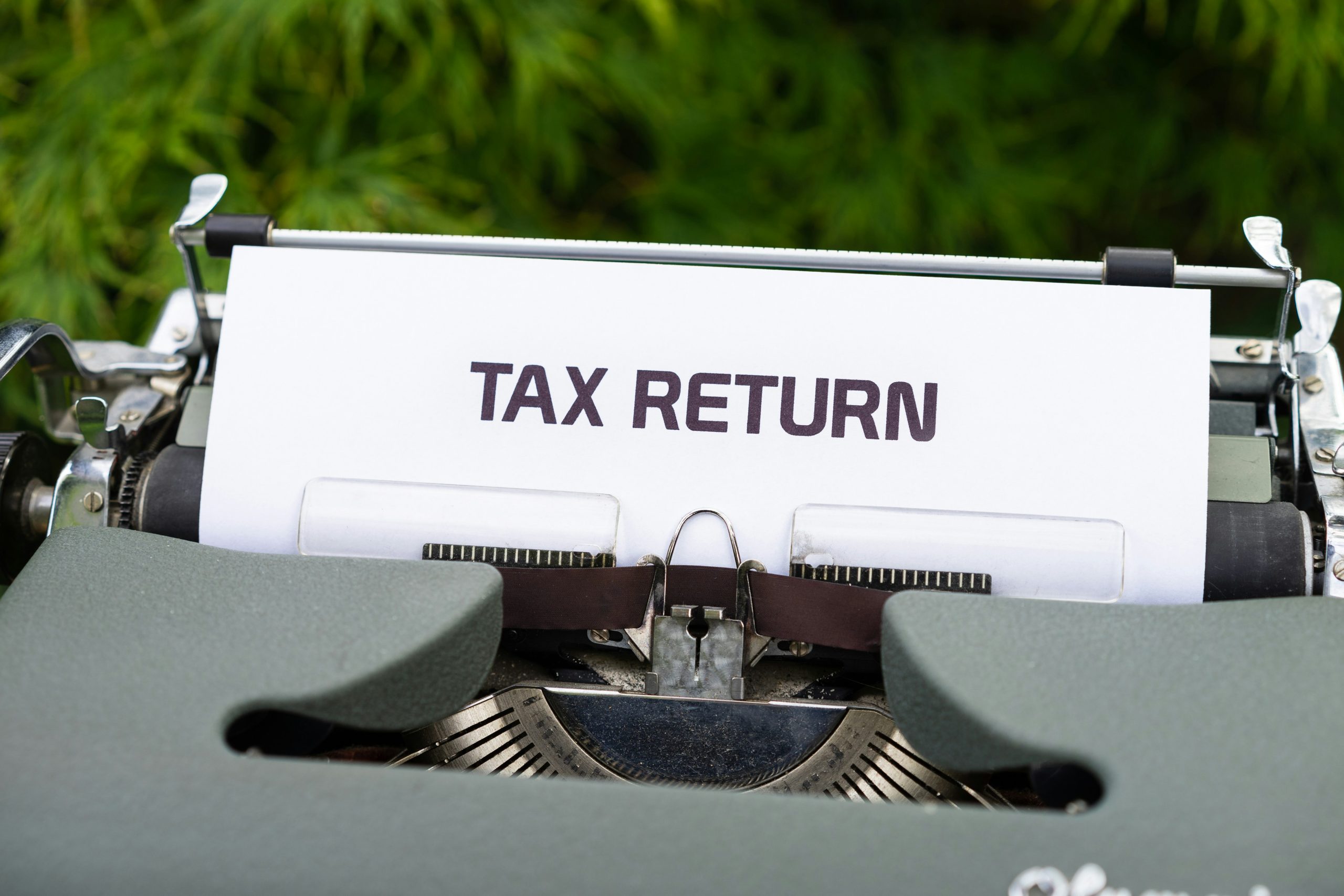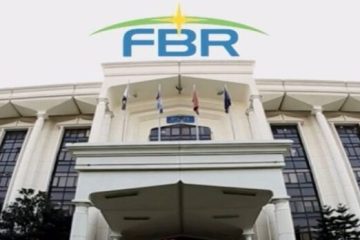Filing income tax returns in Pakistan is a mandatory requirement for various entities, but deadlines can vary depending on your category. This guide clarifies important dates for individuals, companies, and Associations of Persons (AOPs) to ensure timely filing and avoid penalties. As a taxpayer in Pakistan, it’s crucial to be aware of the primary annual tax deadlines to ensure compliance and avoid penalties.
Individual and AOP Taxpayers
- Tax Year: July 1st to June 30th of the following year.
- Deadline: September 30th of the following year.
- Extension: A 15-day extension may be granted by the Federal Board of Revenue (FBR) upon request.
Company Taxpayers:
- Tax Year: July 1st to June 30th of the following year.
- Deadline: December 31st of the following tax year.
- Extension: A 30-day extension may be granted by the FBR upon request.
If you need to correct or amend your filed return, the deadline for submitting a Revised Return is within 60 days of filing.
Advance Tax and Other Periodic Deadlines
Beyond these key annual dates, taxpayers liable for Advance Tax must adhere to quarterly installment deadlines: March 25th, June 15th, September 25th, and December 25th. Furthermore, it’s important to note that monthly or quarterly deadlines may apply for other taxes such as sales tax and federal excise duty, varying based on the specific tax type and individual circumstances. Staying informed about all applicable deadlines is vital for every taxpayer in Pakistan. For any confusion or specific guidance, consulting a professional tax advisor is always recommended.
Additionally, employers must submit their Annual Withholding Statements to the FBR by June 30th annually, detailing income tax withheld from salaries.
Tips for Timely Tax Filing
Start preparing your tax return well in advance to avoid last-minute rush and potential errors.
- Stay Organized: Maintain accurate records of income, expenses, and deductions throughout the year.
- Utilize Online Filing: Take advantage of the FBR’s online filing portal to streamline the process.
- Seek Professional Help: If you’re unsure about any aspect of tax filing, consult a tax professional for guidance.
Apply for an Extension
Navigating deadlines and paperwork can be daunting, especially when it comes to taxes. Thankfully, Section 119 of the Income Tax Ordinance 2001 (ITO 2001) offers a lifeline: requesting an extension for filing tax returns. This article delves into the intricacies of Section 119, empowering you to understand your rights and responsibilities when requesting an extension.
Who Can Apply for an Extension?
If the last date for filing of Tax Return is upon you and you could not file the tax return due to any circumstances you shall file for Extension in time for filing of tax Return. Any person who is liable to file tax returns, can file for extension in time. If one need more time to submit any of the following documents, Section 119 allows you to apply for an extension:
- Income tax returns: For filing of Income Tax Returns under sections 114 and 117 (for closed businesses)
- Employer’s certificates: verifying salary income
- Wealth statements: Although Income Tax authorities give ample time to gather documents (from July till September) still some information can require extra time.
- Overseas Pakistani: Persons residing outside homeland can find it difficult to gather necessary information for filing of tax returns.
The key to a smooth extension process is timeliness. You must apply for an extension by the original due date for submitting the document in question. Delaying your request can decrease your chances of approval. Extension applied after the due date has elapsed has less chances of approval. Multiple extensions can also be applied.
By understanding Section 119 and exercising your right to request an extension responsibly, you can avoid unnecessary stress and penalties while fulfilling your tax obligations with confidence.
Getting the Extension Granted
The Commissioner has the authority to grant extensions based on your reason for requesting one. Acceptable reasons include:
- Absence from Pakistan: Travel or unforeseen circumstances outside the country.
- Sickness or other misadventure: Health issues or unexpected events hindering your ability to file.
- Any other reasonable cause: Provide compelling justification for your delay.
Even if you dont get the approval notification immediately, dont panic. You are automatically allowed first extension so try to fulfill obligation by then.
Generally, extensions granted under Section 119 cannot exceed 15 days from the original due date. However, the Commissioner may grant a longer extension under exceptional circumstances.
If the Commissioner denies your extension request, you can appeal to the Chief Commissioner for a further extension, again for a maximum of 15 days unless exceptional circumstances warrant a longer period.
- Payment Due Date Unchanged: Receiving an extension doesn’t postpone your tax payment deadline. Ensure you pay your income tax on time, regardless of the extension granted for filing your return.
- Default Surcharge Applicable: Even with an extension, the default surcharge under Section 205 may still apply if you delay filing beyond the original due date.
Extension by Filing Nil Return
The Income Tax Ordinance allows taxpayers in Pakistan to revise their income tax returns within 60 days of the initial filing date. This option is available to address any omissions or misstatements that may have occurred.
In most cases taxpayers consider filing a nil return initially and then revising it within the 60-day window. However, it’s important to exercise caution with this approach.
- Risk of Missing the Deadline: If you forget to file the revised return within the 60-day window, you will effectively have a nil return on file.
- FBR Audit Selection: The FBR may prioritize nil returns for audits, as they can indicate potential underreporting.
Penalties for Not Filing
The “late filer” category is introduced to encourage tax compliance. It is actually intended to discourage late filing of income tax returns. Late filers are subject to higher property tax rates as a penalty for not meeting the deadline. This is meant to incentivize taxpayers to file their returns on time, ensuring accurate tax reporting and contributing to the government’s revenue. You may also face following penalties for not filing tax-returns;
- Late Filing Penalties: Individuals face a minimum penalty of Rs. 10,000, while other entities may be subject to a penalty of up to Rs. 50,000.
- Unregistered Traders and Shopkeepers: Failure to register under the Tajir Dost Scheme or pay advance tax can lead to shop closures and fines.
- Disobeying Income Tax General Orders: Non-compliance with FBR orders can result in hefty fines, starting from Rs. 50 million for the first offense.
- Late Tax Payment on Share Transactions: Failing to pay tax on share transactions within the specified timeframe can attract a penalty of 50% of the tax amount.
- Incomplete or Inaccurate Tax Returns: Companies and AOPs may face penalties for submitting incomplete or inaccurate returns.
Staying Compliant:
Requesting an extension is a legitimate option, but remember:
- Transparency is Key: Be honest and transparent when explaining your reason for needing an extension.
- Supporting Documentation: Provide any relevant documents supporting your claim, such as medical certificates or travel documents.
- Professional Guidance: Consulting a tax advisor can help navigate the process and ensure your request is presented effectively.




